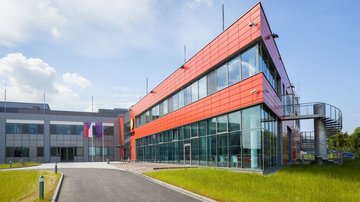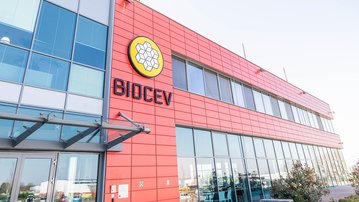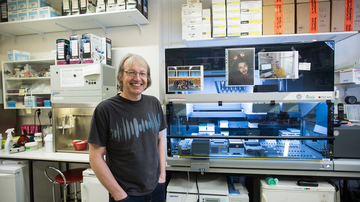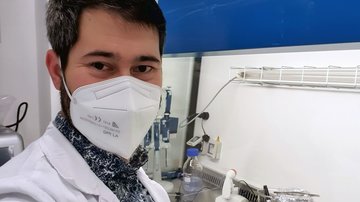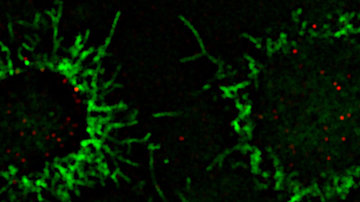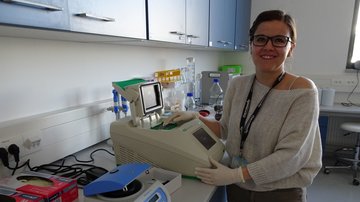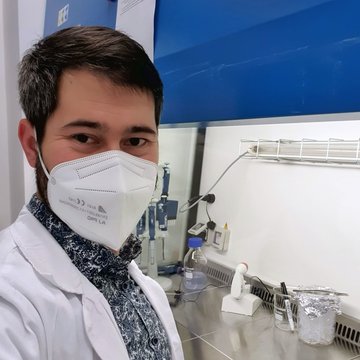
Lymphoma Tumor Biology
I want to better understand the diseases of my patients.
Václav Heřman works in the Laboratory of Lymphoma Tumor Biology under the supervision of MUDr. Ondřej Havránek. Their scientific goal is, among other things, to identify tumor characteristics that could be used to predict the response to treatment with B-cell receptor signaling inhibitors and selected signaling cascades. Together, they are also working on the development of a mouse model to study the influence of lymphoma characteristics on the formation of the tumor microenvironment and intercellular interactions and their role in the regulation of the cell cycle and the metabolism of tumor cells.
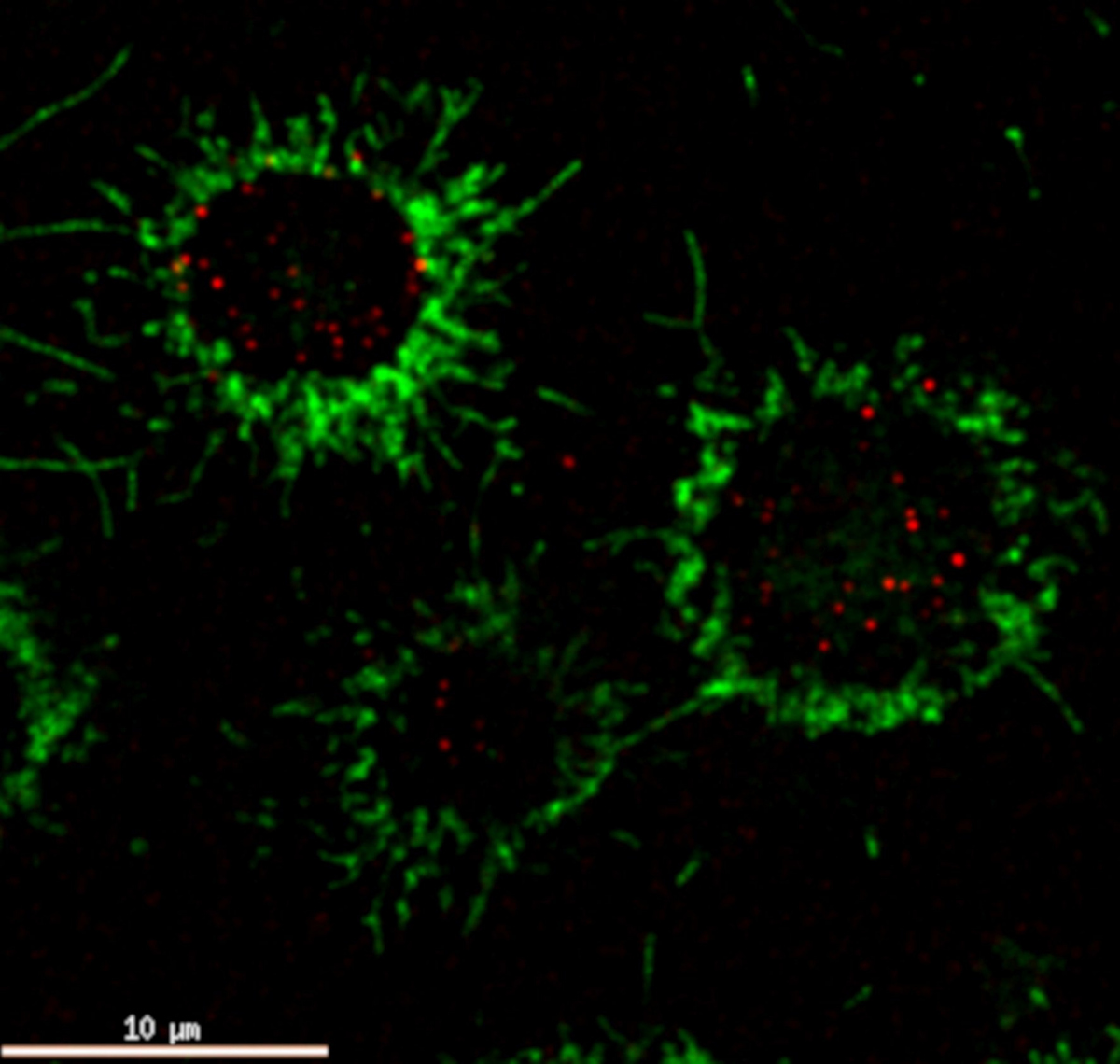
What PhD research project in BIOCEV are you participated in?
I work in the Laboratory of Lymphoma Tumor Biology under the supervision of dr. Ondřej Havránek. Specifically, we focus mainly on cell signaling - the mechanisms by which the cell processes stimuli from the external environment and responds to them. Tumor cells are often "dependent" on particular signaling pathways (eg. the PI3K / AKT - phosphatidylinositol-3-kinase / protein kinase B signaling cascade, which is essential for several lymphoma subtypes). In addition, these pathways are often altered in a variety of ways, as compared to normal.
We use a diverse set of methods (eg targeted gene modifications using the CRISPR-Cas9 system, detection of protein interactions in living cells, use of various biosensors, metabolic analysis, etc.) to better understand and describe these processes in tumor cells and to suggest how to exploit them therapeutically.
What is so exciting about science?
The main reason why I decided to study science is curiosity. I want to better understand the diseases of my patients. I want to know what's going on in cancer cells - why they sometimes respond to the treatment and sometimes they don't. I want to understand how they react to their surroundings and how or when are they vulnerable. In this way, I can contribute at least a little to the possibility of curing a few more patients.
As a physician, I also work at the Department of Hematology, a field that has been undergoing extremely dynamic development recently. Scientific knowledge is being translated into clinical practice very quickly, and in order to gain an overview of new therapeutic options, one must - willingly or unwillingly - follow science (at least a little). In addition, the whole paradigm of modern medicine is based on scientific knowledge - the concept of EBM (evidence based medicine).
What do you think are the benefits of working or studying at the BIOCEV center?
As the biggest advantage of BIOCEV I see its multidisciplinary interconnectedness - many different scientific disciplines are assembled in one place, which makes it possible to look at one problem from several points of view. It is not just about the availability of various methods, devices or equipment though, but also about the human factor. The possibility of cooperation with experts from different fields and the synthesis of individual pieces of knowledge is something that I think is an important presumption of success.

